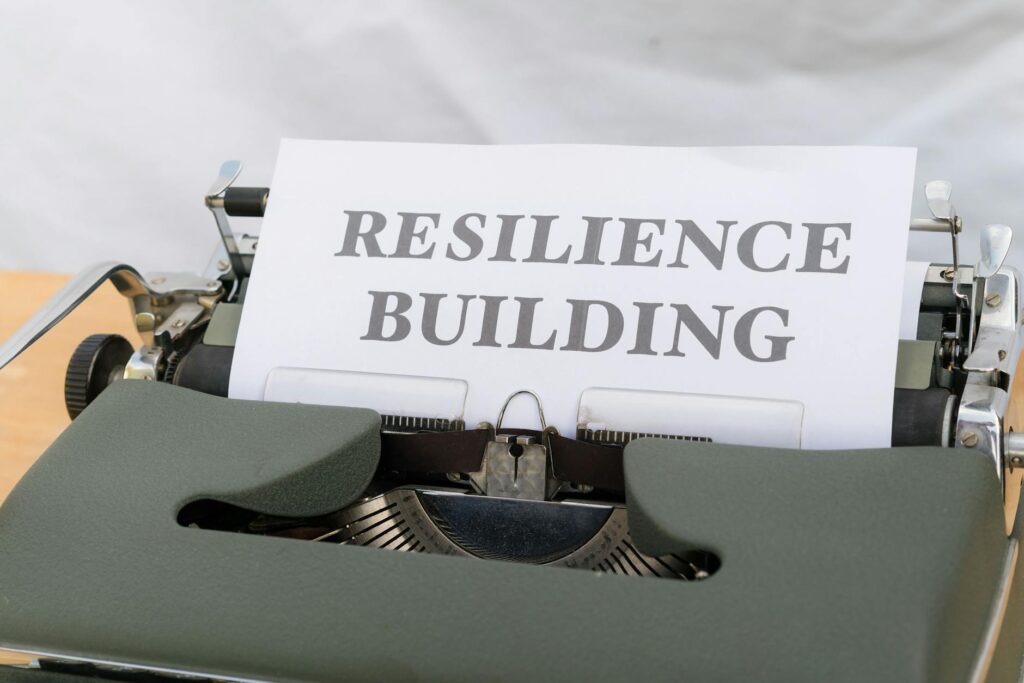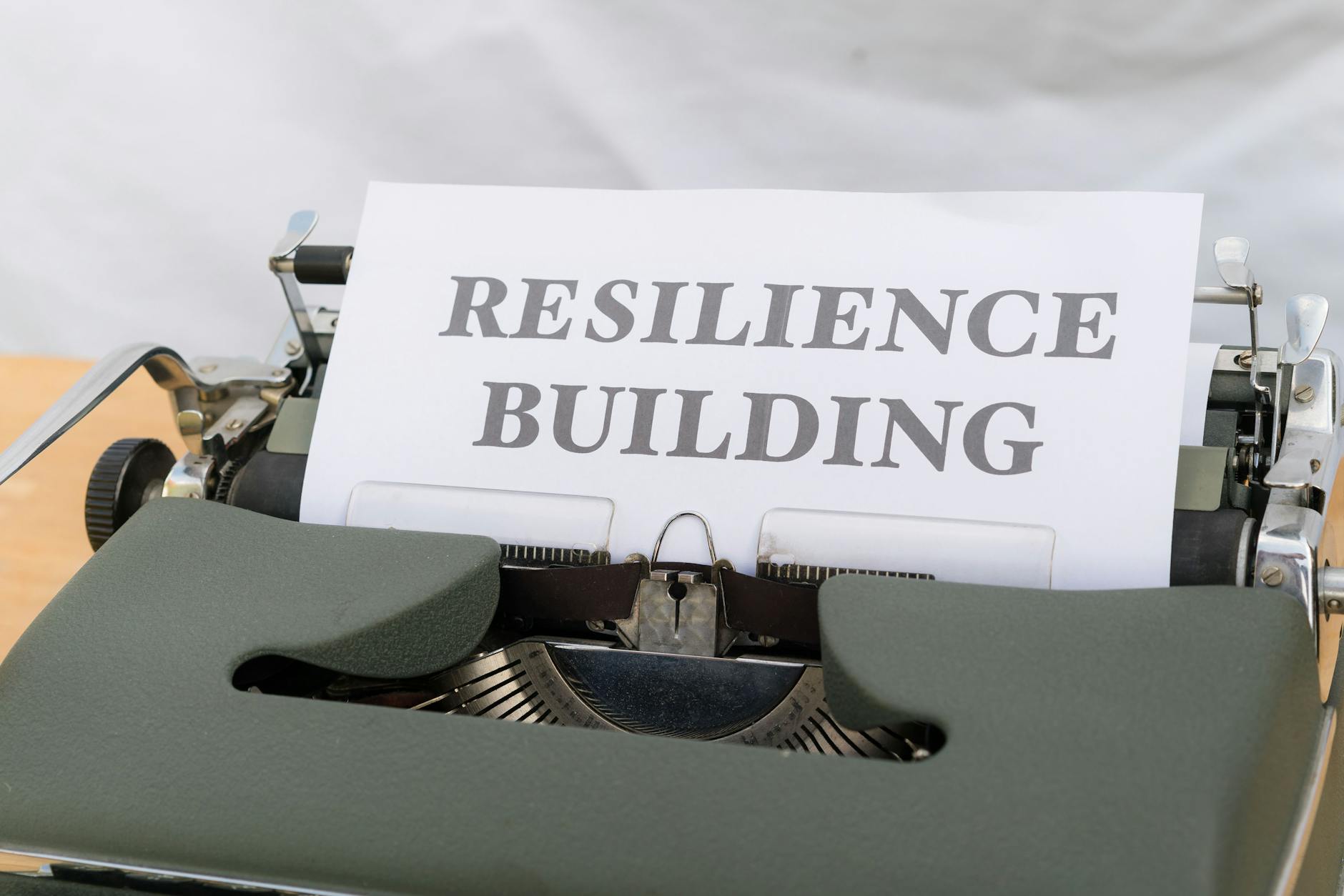What is emotional resilience skills?

What is Emotional Resilience Skills?
In today’s fast-paced world, challenges come at us from every direction. Whether it’s the pressure of meeting deadlines at work, navigating relationships, or coping with unexpected life changes, emotional resilience skills are crucial. But what exactly does it mean to be emotionally resilient? These skills help us bounce back from setbacks, manage stress effectively, and maintain a sense of well-being despite adversity.
Understanding Emotional Resilience
Emotional resilience refers to our ability to adapt to stressful situations and recover from adversity. It’s not about avoiding stress but rather about how we cope with it. This skill plays a vital role in both personal and professional settings, influencing our relationships, productivity, and overall mental health.
The Definition of Emotional Resilience
At its core, emotional resilience is the capacity to withstand and navigate through life’s challenges without losing our emotional balance. It involves recognizing our emotions, understanding their impact on our thoughts and behaviors, and employing strategies to manage them effectively.
Impact of Emotional Resilience on Well-Being
Having strong emotional resilience contributes significantly to our overall mental health. It allows us to handle stress better, minimizes anxiety, and fosters a sense of control over our lives. Research shows that resilient individuals often experience lower rates of depression and anxiety and are better equipped to deal with life’s challenges. Building these skills is essential for maintaining a healthy mindset in the long run.
Key Emotional Resilience Skills
Specific skills enhance our emotional resilience. Understanding and developing these skills can empower you to face life’s challenges with confidence.
Self-Awareness
Being aware of our emotions is the first step toward resilience. Self-awareness involves recognizing your feelings and understanding how they influence your behavior. It enables you to identify triggers that may lead to stress or negative responses. By practicing self-reflection, you can gain insights into your emotional patterns and develop healthier coping mechanisms.
Emotional Regulation
Effective emotional regulation is vital for managing feelings in a constructive manner. Techniques such as deep breathing, mindfulness, or journaling can help you navigate intense emotions. These strategies not only alleviate stress but also enhance your ability to respond to challenges calmly and thoughtfully.
Adaptability
Life is unpredictable, and being adaptable is crucial for emotional resilience. Flexibility allows you to adjust your plans and expectations when faced with unexpected changes. Embracing change rather than resisting it fosters a mindset of growth and learning. This adaptability can significantly reduce stress and enhance your overall well-being.
Problem-Solving Skills
Strong problem-solving abilities are at the heart of resilience. When challenges arise, being able to analyze the situation, brainstorm solutions, and implement effective strategies empowers you to overcome obstacles. This skill not only builds confidence but also reinforces a positive outlook on life.
Social Support
Never underestimate the power of relationships. Building and maintaining a robust support system is essential for emotional resilience. Friends, family, and colleagues can provide encouragement, advice, and a listening ear during tough times. Surrounding yourself with supportive people enhances your ability to cope with stress and fosters a sense of belonging.
Developing Emotional Resilience Skills
Developing emotional resilience is an ongoing process. Here are practical strategies to enhance your skills:
Practice Mindfulness
Mindfulness involves being present in the moment without judgment. Engaging in mindfulness practices, such as meditation or yoga, can help you develop greater emotional awareness and regulation. Regular mindfulness practice can reduce stress and improve your emotional responses.
Set Realistic Goals
Setting achievable goals helps you maintain focus and motivation. Break larger tasks into smaller, manageable steps. This approach not only makes challenges less overwhelming but also fosters a sense of accomplishment as you meet each goal.
Engage in Healthy Self-Care Practices
Self-care is vital for emotional resilience. Prioritize activities that promote your physical and mental well-being, such as regular exercise, a balanced diet, sufficient sleep, and engaging in hobbies. These practices create a solid foundation for emotional health.
The Benefits of Strong Emotional Resilience
Investing time and effort into developing emotional resilience skills can yield numerous benefits in your life.
Improved Coping Mechanisms
Resilient individuals tend to handle stress more effectively. They can process emotions in a healthy way, leading to better stress management and reduced anxiety levels. This strength not only enhances emotional well-being but also improves overall quality of life.
Enhanced Productivity
When you’re emotionally resilient, you’re more likely to stay focused and committed to your goals. This increased productivity stems from your ability to manage distractions and navigate stress effectively. Resilience fosters a mindset geared toward growth and achievement.
Better Relationships
Emotional resilience can significantly improve your interpersonal relationships. By understanding your emotions and communicating effectively, you can build stronger connections with others. Resilient individuals are often better equipped to handle conflicts and support those around them, leading to healthier relationships.
Conclusion
Emotional resilience skills are essential for navigating the challenges of everyday life. By cultivating self-awareness, emotional regulation, adaptability, problem-solving skills, and building social support networks, you can enhance your resilience. Embrace the journey of personal development, and remember that resilience is not a trait you either have or don’t have—it’s a skill you can develop over time. Start today, and you’ll find yourself better equipped to handle whatever life throws your way.

Photo by Markus Winkler